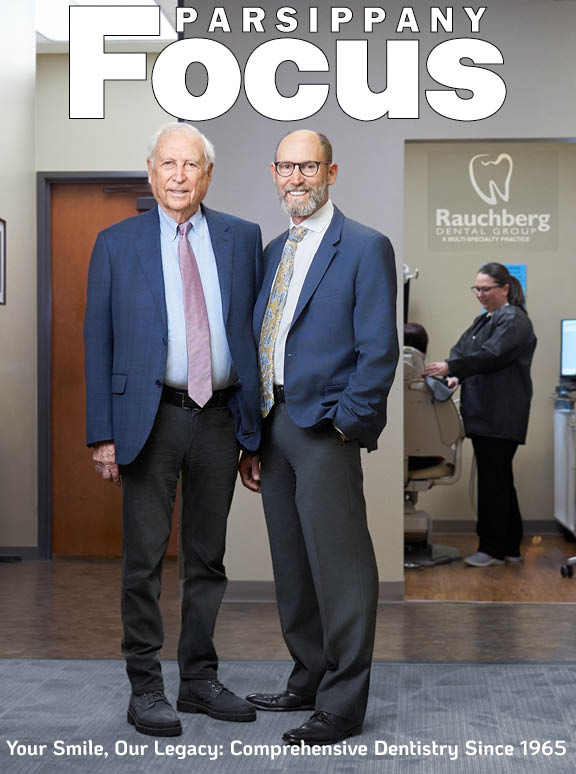 Dear Editor:
Dear Editor:
Every year, during discussions about the new budget, the subject of transferring money from the utility surpluses to the general budget inevitably comes up. The massive utility rate increases that were recently approved have strengthened the balance sheet on the utility side, but they have also made it easier to continue using transfers to subsidize the general budget. In my opinion, the administration and the council should take action this year to eliminate these transfers once and for all.
Two years ago, council members Peterson and McCarthy first proposed the simplest way to eliminate the transfers – that is, raise taxes by whatever amount is necessary. I now agree with them, but with one modification.
I estimate that an increase in taxes of 5½% above the 2% cap, or 7½% in total, would be sufficient to eliminate the entire utility transfer amount of $2.5 million. But I believe that the extra 5½% needed to eliminate the transfers can be assessed in a way that is actually revenue neutral to the taxpayer.
Once the utilities are freed from having to make these transfers, the revenue in the utility budgets will increase by $2.5 million. These are excess funds that the utilities really don’t need now, because of the recently approved utility rate increases of 39%. So, increasing general budget tax rates by a sufficient amount to eliminate the utility transfers can be made revenue neutral to the taxpayer by simultaneously decreasing part of the 39% utility rate increase by an amount equal to the transfers they no longer have to make.
As a bonus, by shifting some taxation from the utilities to the general budget, participants in the Senior Freeze Program will actually see their total tax bill reduced. Under the Senior Freeze, participants are shielded from any increases in the general budget because any tax increase over the freeze number is reimbursed by the state. In contrast, utility rate increases come directly out of pocket and are not reimbursed. For the record, I am not eligible for the Senior Freeze Program.
I believe that the council has a fiduciary obligation to the taxpayers, especially the ones who participate in the Senior Freeze Program, to adopt some form of this proposal.
Bob Venezia
Parsippany















